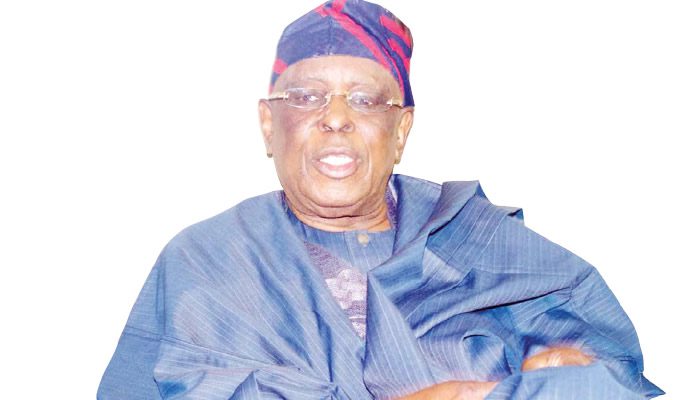Leadership Handovers: A Global Conundrum in Governance
The issue of leadership handovers has long been a contentious one, with many presidents and governors hesitant to transfer power to their deputies. Former Ogun State Governor, Olusegun Osoba, recently shed light on this complex problem, citing suspicion and lack of trust as the primary reasons behind this reluctance.
Speaking at the 3rd Annual Conference of the Forum of Former Deputy Governors of Nigeria in Abuja, Osoba noted that this phenomenon is not unique to Nigeria or Africa, but a global issue. He referenced the example of former United States Vice President Al Gore, who failed to involve his principal, Bill Clinton, in his presidential campaign, fearing he might be a liability.
Osoba emphasized that the trend of governors plotting or sponsoring impeachment against their deputies is equally concerning. When questioned about amending the constitution to protect deputies from their superiors in government, he expressed skepticism, stating that governors can use their influence and powers to impeach their deputies with relative ease.
According to Osoba, building relationships is key to addressing this issue. "It is not by law but through relationship. As they say, you wash your hands with both the left and right—it’s through cooperation," he stated.
Dr. Abdullahi Ganduje, the National Chairman of the ruling All Progressives Congress, also weighed in on the matter, acknowledging the controversy surrounding deputy leaders. He jokingly pointed out that even God Almighty didn’t consider having a deputy during creation.
Ganduje, however, expressed optimism that continued advocacy might lead lawmakers to call for a constitutional review to strengthen the position of deputy leaders. He observed that the concept of deputizing is not unique to Nigeria and that leaders, regardless of their position, need someone to take over in case of incapacitation or death.
In conclusion, the issue of leadership handovers is a complex one, rooted in suspicion, lack of trust, and a range of other factors. While it may not be easily addressed through constitutional amendments, building relationships and fostering cooperation can help to promote a more seamless transfer of power. As Ganduje noted, "Perhaps certain provisions could be added in favour of deputy governors" through a constitutional review, which may eventually lead to a more inclusive and effective governance system.
